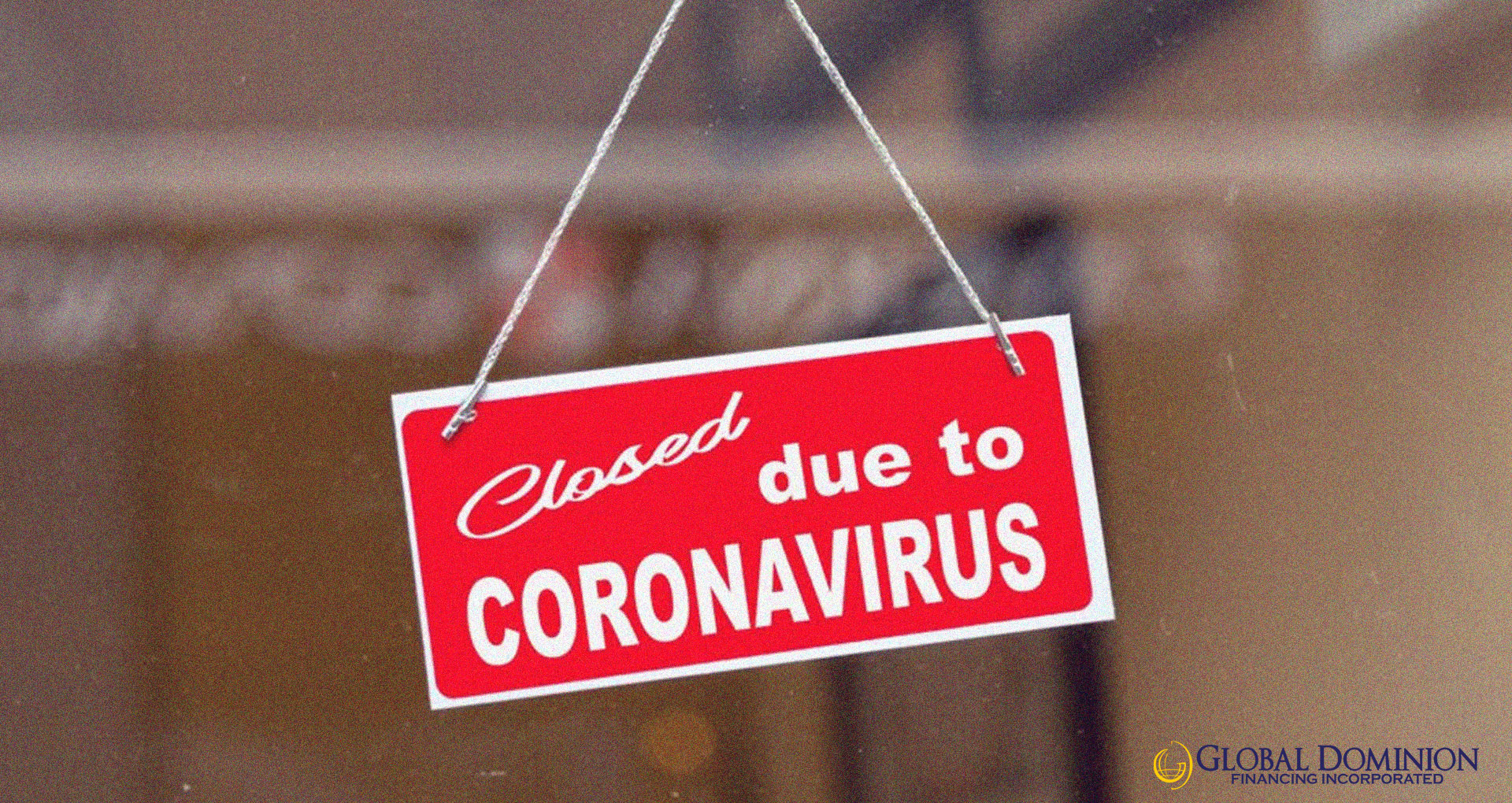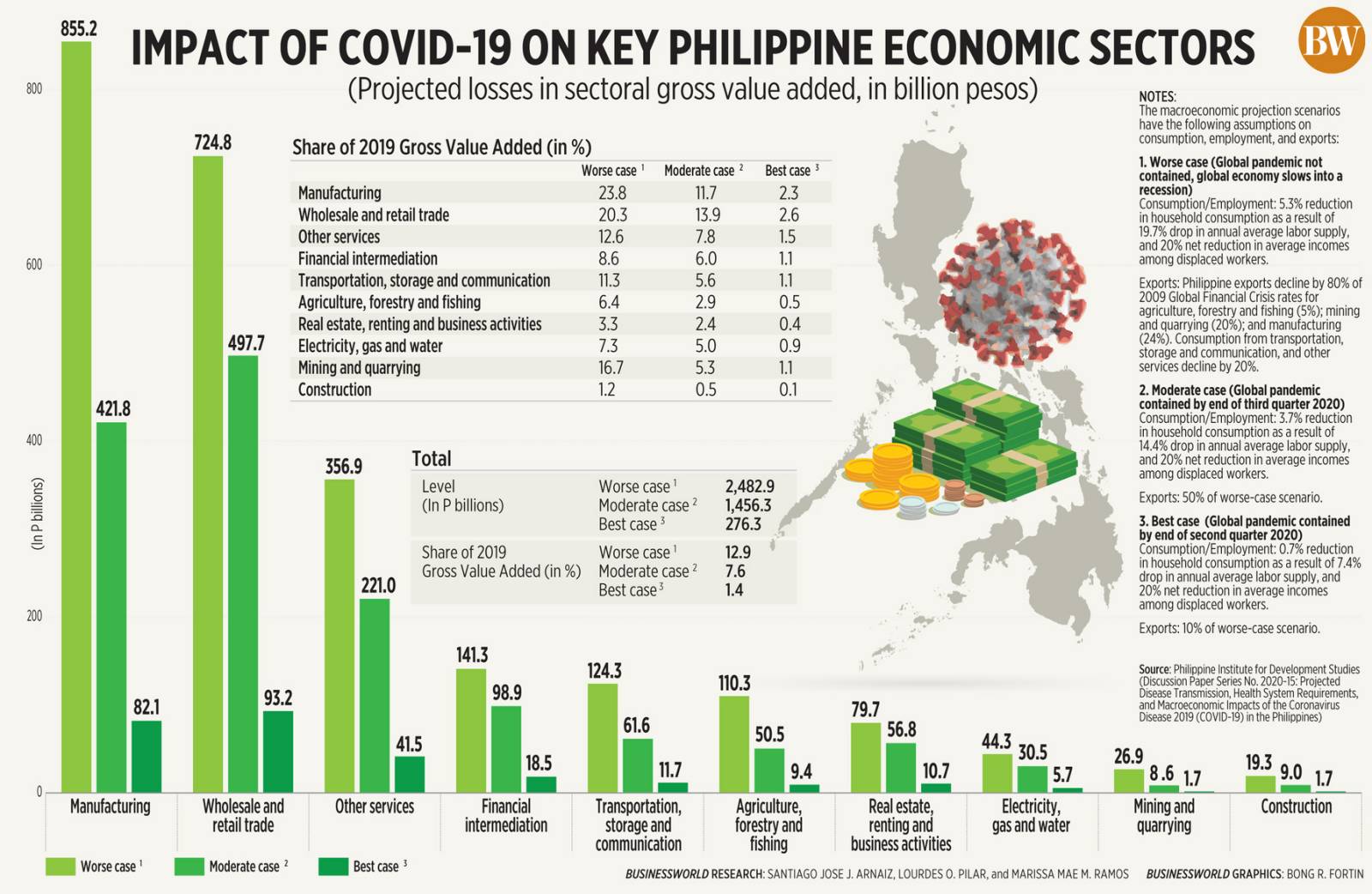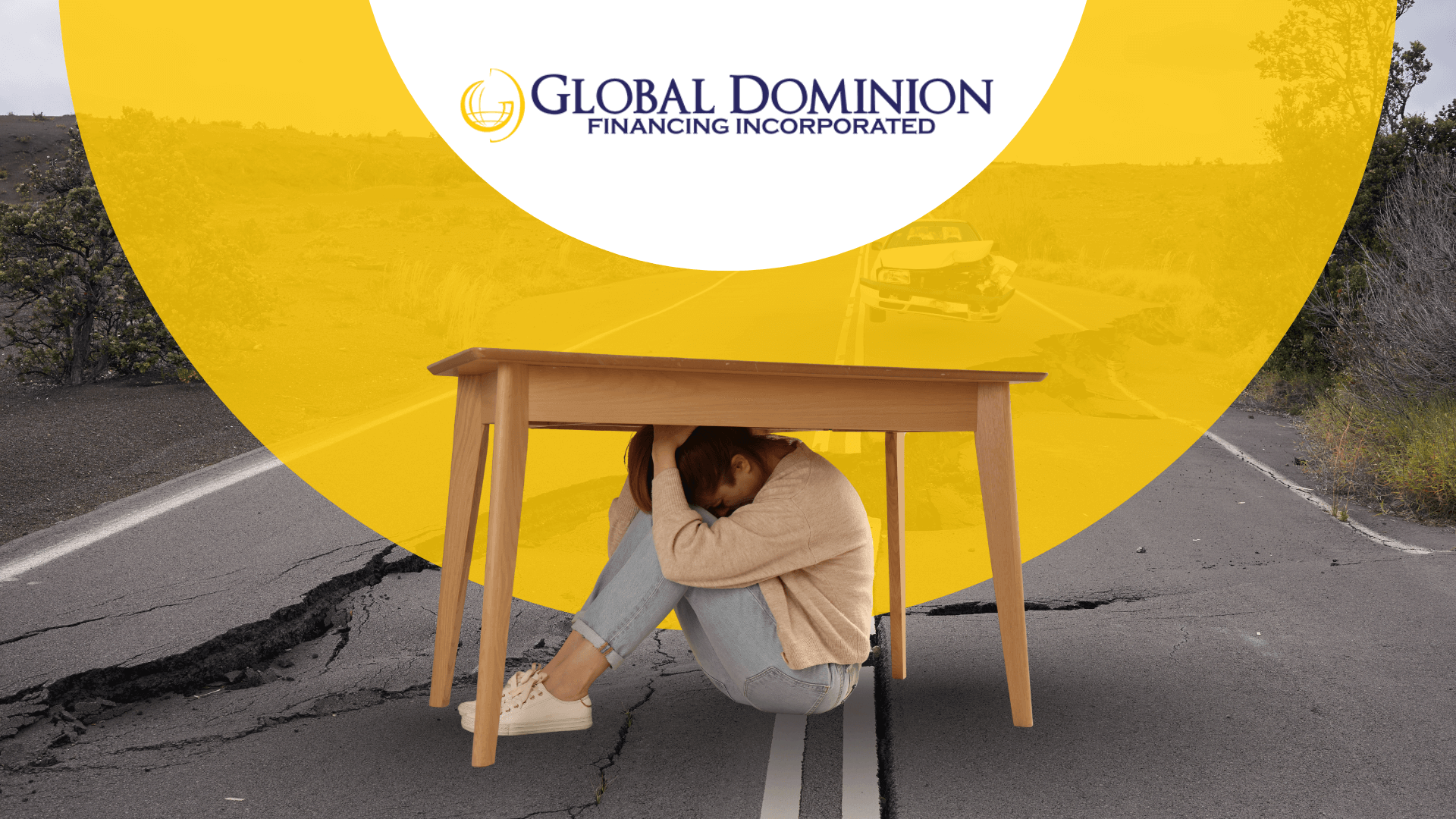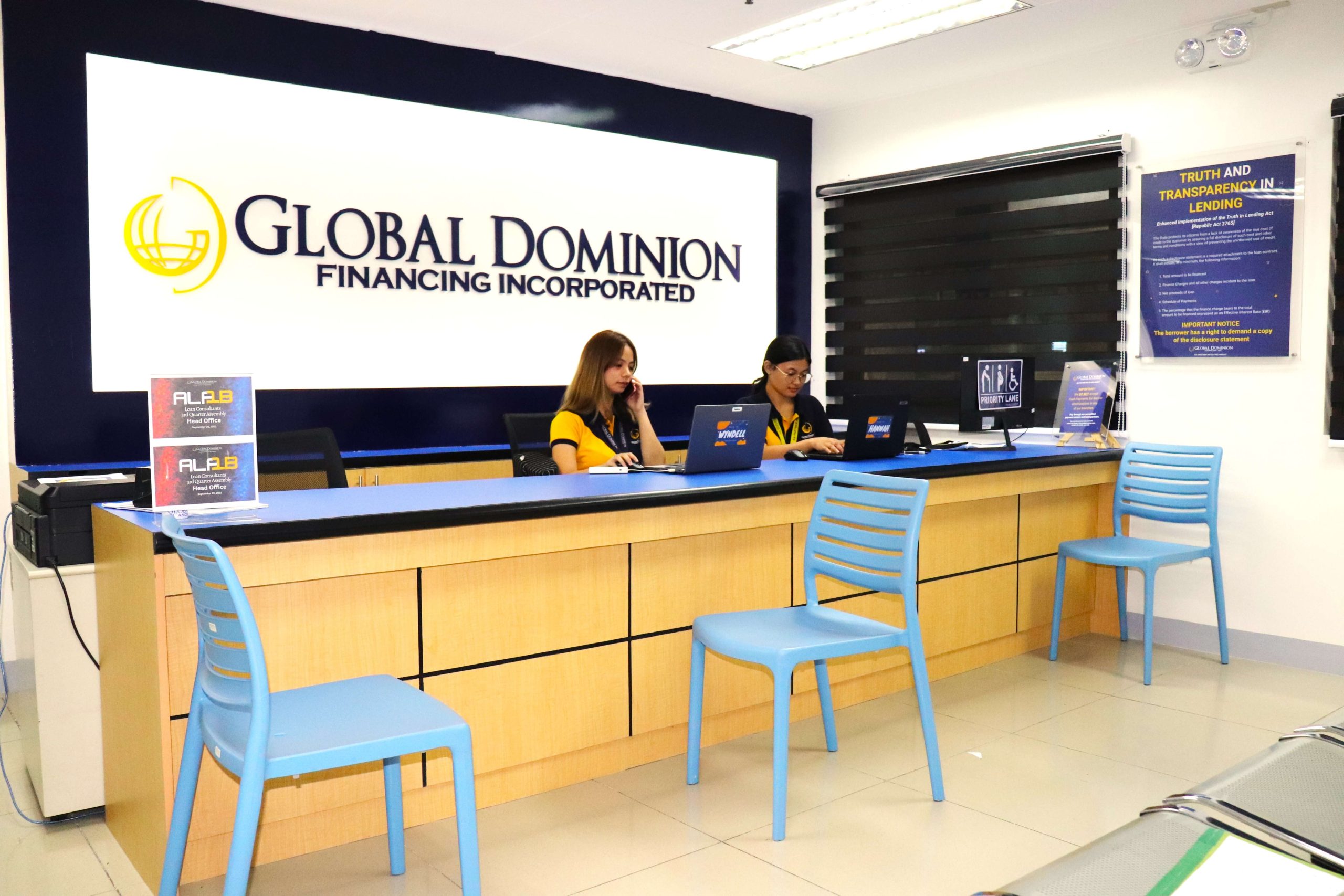Philippine businesses taking a huge Covid-19 hit

It’s not a surprise that businesses, big and small, have been affected by the current Covid-19 pandemic, and many, reached the point of just losing everything. The fear of the virus and the impact of the necessary community quarantine have debilitated different functional aspects of the business sector in the country, from logistics, to foot traffic, advertisement, brick and mortar marketing and advertising, and other components which are essential to selling of products and services, resulting to the decrease in sales, and consequently to the closure of many establishments.
Covid-19 disrupting businesses globally
Globally, 94% of the Fortune 1000 are seeing coronavirus supply chain disruptions, according to a report released by Fortune. Although the impact of the current pandemic may eventually fade similar to the case of Zika, Ebola, and Severe Acute Respiratory Syndrome (SARS), the more stringent and extensive lockdown and quarantine measures implemented in our recent case, may keep giving adverse effects to the economy for more years than the previous health crises. If Fortune 1000 companies are struggling through this crisis, smaller organizations and institutions are certainly carrying heavier burdens to survive, especially in countries that are hit worse by Covid-19 just like the Philippines.
65.9% of businesses to close temporarily and 1.1% permanently
In a report drawn by Asian Development Bank (ADB) on a survey of Philippine businesses to provide initial facts and ideas to help the government develop evidence-based policies to support enterprises hurt by the coronavirus disease (COVID-19) pandemic, the first community quarantine implemented has led 65.9% of businesses to temporarily close and 1.1% to permanently close. And while 29.1% were still open, they had limited operations given the guiding rules applied. From the same survey data, 29.9% of the business owners believed that it will take them more than 3 months to recover from the community quarantine, while the biggest chunk, or 51.5% of them were unable to judge the time they needed to recover. Establishments that offer complementary services to businesses have also been affected, thus, the more difficult situation caused to the enterprises.

Photo from BusinessWorld, April 16, 2020 | 12:32 am, “Impact of COVID-19 on key Philippine economic sectors“,
Huge companies like Jollibee and San Miguel have been reportedly enduring impact from this health crisis. And you would definitely know one business or another within your area that has closed due to this pandemic – write them on the comments section of this article.
World Made Better
Nevertheless, none of the recent unfortunate events stopped large enterprises from showing resilience and staying true to their values. “With the government’s easing of restrictions on transportation, the operation of business establishments, and consumption of alcoholic beverages, we’ve been recovering a lot of lost ground,” said San Miguel Corporation (SMC) president and chief operating officer Ramon S. Ang. “Recovery started around second half of May to June, when government gradually restarted our economy and kept it going,” Ang added. SMC even initiated Covid-19 efforts branded as “Walang Iwanan”, with regular updates on their website.
Bida ang sarap
Jollibee Foods Corp. (JFC) has rolled out its first of what could be a string of its American “cloud kitchens” — unmarked food production and delivery hubs without any dine-in facility in discreet and low-rent urban locations, according to a report from Inquirer. This is just one example of what we can do to mitigate the impact of the pandemic and thrive. Given Filipinos’ resourcefulness and creativity, there’s no doubt that we’ll come out of this, though with scratches, stronger!
Your friends and relatives may have also been showcasing their products and services online, mainly via Facebook – and that’s just one heck of a proof of our resilience and flexibility. You need bread, you got it. You want flour for your bakery, you have it! Even if you’re looking for the craziest things in town, you’d probably be able to find it online now – just ask from your first circle.
How can businesses turn a huge hit into a huge comeback?
In a report published by KPMG, entitled “COVID-19: A guide to maintaining Enterprise Resilience”, maintaining resilience will mean taking an organisation-wide view across three pillars: financial, operational and commercial.
Financial resilience is the ability to withstand the financial impact on liquidity, income, and assets. Operational resilience, on the other hand, is the ability to withstand operational shocks and continue to deliver your core business. And finally, commercial resilience is the ability to respond to the changing market and consumer pressures.
Although the Philippines’ Gross Domestic Product (GDP) growth rate has already dropped by 16.5 percent in the second quarter of 2020, the lowest recorded quarterly growth starting 1981 series, per Philippines Statistics Authority (PSA), there might be worse to come. Despite that, Filipinos remain hopeful that we will survive it and that we will be rising above the situation sooner than next year. Early signs of recovery support that if we continue to support each other and adhere to the necessary rules and regulations to prevent further damage from this crisis, we can expect a livelier economy sooner than later.






